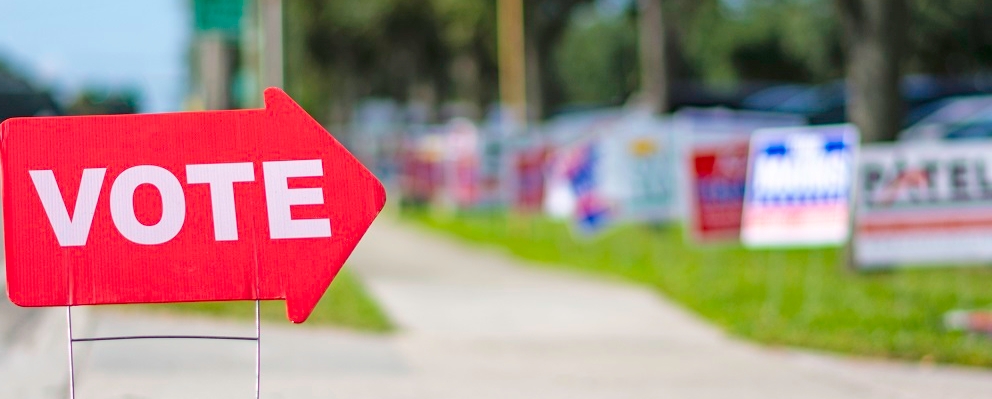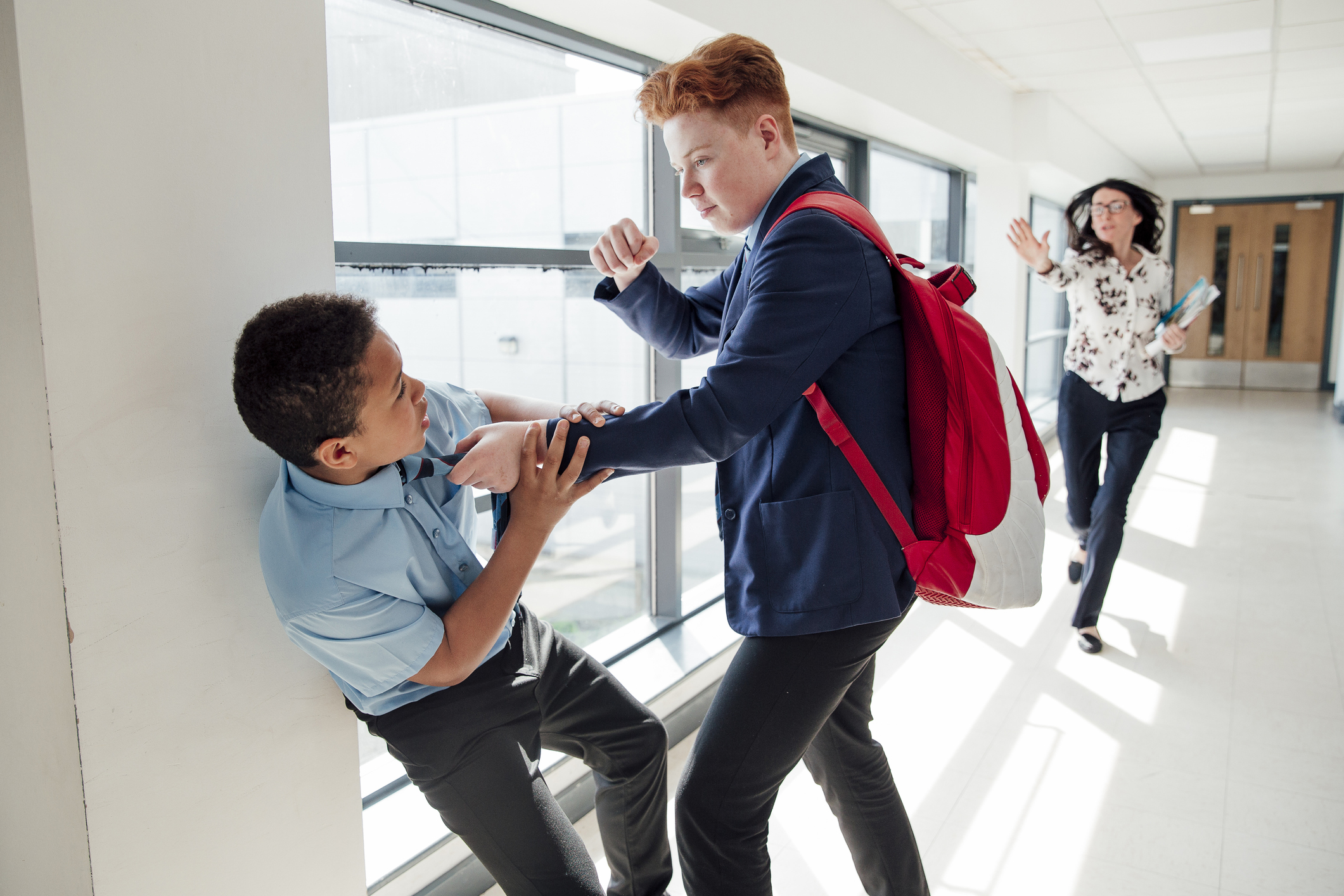Why Does TSA Swab Your Hands in Airport Screening?
Most of us are used to the TSA screening process at airports by now. Although first-time travelers may not be used to air travel restrictions and security screenings. Here is a summary of the typical process:
- Have your boarding pass and identification inspected by a TSA agent
- Don’t carry liquids over 3.4 ounces in your carry-on bags
- Remove laptops from your carry-on luggage
- Take off your shoes
- Put your carry-on bag through the metal detector
- Go through that X-ray machine or body scanner, or get a pat down from TSA officers
And, every now and then, we get pulled aside for some extra special attention. Sometimes that’s an extra search of your carry-on, and sometimes it’s TSA agents swabbing your hands and luggage. But what’s that swabbing for, and what happens if it comes back positive?
Why Does the TSA Swab Hands?
The Transportation Security Administration randomly swabs passengers’ hands at security checkpoints and airport gates to test them for traces of explosives. The TSA swabs are analyzed for nitroglycerin, nitrates, glycerin, or other chemicals.
This was an expansion in 2010 from simply swabbing luggage and other items. “The point is to make sure that the air environment is a safe environment,” then-Homeland Security Secretary Janet Napolitano said at the time. “We know that al Qaeda [and other] terrorists continue to think of aviation as a way to attack the United States. One way we keep it safe is by new technology [and] random use of different types of technology.”
Is Hand Swabbing Constitutional?
While the Fourth Amendment protects against unreasonable searches and seizures, government officials have more leeway for searches at the airport, given the continued heightened security following the 9/11 hijackings. And while privacy advocates warn against the discriminatory use of checks (such as only targeting certain individuals for testing) or parading someone who tests positive (perhaps falsely) through security as a terrorist, the swab alone is minimally invasive.
Explosive detection even had approval from the American Civil Liberties Union, who called it “a good form of security that doesn’t really invade privacy.”
“There’s really not a big privacy interest at stake here,” according to the ACLU’s Jay Stanley. “They are basically looking for particles of explosives, which is not something that people normally have.”
So, hand swabbing for explosive residue is most likely constitutionally valid because protecting a large population from terrorism outweighs an individual’s right to unreasonable search and seizure.
What to Do If Your Hands Test Positive
So, what happens if your hands test positive for explosive material? Don’t panic. Testing positive for certain chemicals, accelerants, or other substances under the TSA’s Explosives Trace Detection (ETD) tests is not a crime in and of itself, but it may lead to a few more questions from TSA personnel and a more extensive search of your baggage.
The TSA stresses that it is “aware of all of the different people whose professions and hobbies might cause them to alarm the ETD machine because we’ve been using this technology for years.” The agency acknowledges that hunters, firefighters, police officers, and military personnel who are around various accelerants and munitions on a daily basis may test positive even though they’re not trying to carry an explosive device onto a plane.
Additionally, you might have a false positive or test positive for another reason. Common household items, such as hand soap or lotions, contain glycerin or other chemicals that may appear on the test.
What Happens If You Refuse the Swab Test
TSA uses the swabs to detect explosive material. They are not testing passengers’ DNA, testing for viruses or illnesses, and the testing equipment does not test for narcotics. But be warned — an additional search that turns up drugs can get you into trouble, and refusing the swab test can get you referred for additional screening.
If you think a TSA search crossed the line, or you have been charged with a crime based on a TSA search, contact a criminal defense attorney immediately to protect your rights.
Related Resources:
You Don’t Have To Solve This on Your Own – Get a Lawyer’s Help
Meeting with a lawyer can help you understand your options and how to best protect your rights. Visit our attorney directory to find a lawyer near you who can help.






